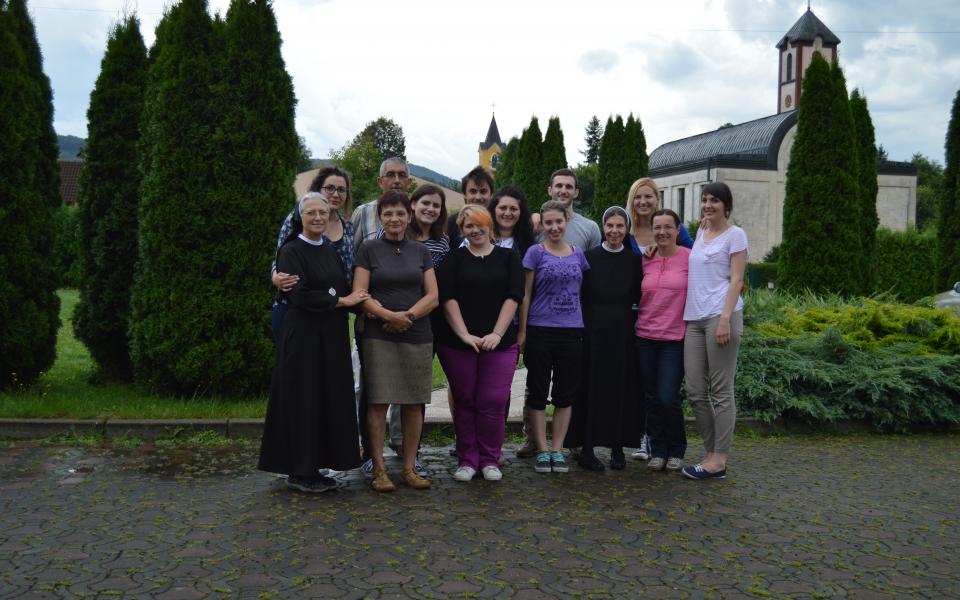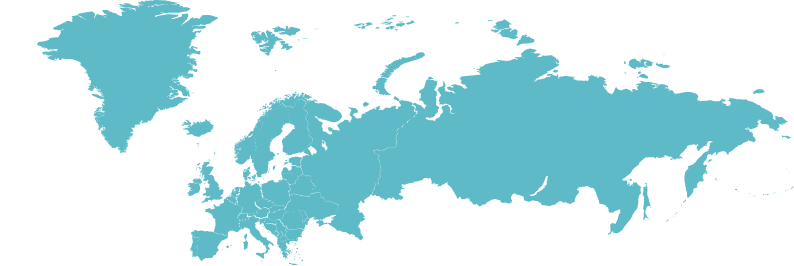
Young leaders from Bosnia and Herzegovina organize an NVC workshop with trainers from RAND
Nonviolent Communication (NVC) is a communication process created by Marshall Rosenberg in the 1960s focusing on three aspects of communication: self-empathy, empathy, and honest self-expression.
Being aware of the importance of Nonviolent Communication in the future of the URI Europe Cooperation Circle Youth for Peace from Bosnia and Herzegovina, youth leaders organized a workshop for young interfaith leaders to teach them how to practice NVC lead by Ana and Otto Raffai, trainers of NVC from RAND (Regional Address for Nonviolent Action). Fifteen youth activists from all over Bosnia and Herzegovina and from different religious and spiritual backgrounds participated in the workshop.
As a former URI Youth Ambassador and Co-founder of Youth for Peace, I have had the opportunity to take part in this important training. It was one of many life-changing experiences and allowed me to review some of my thoughts about violence and peacebuilding activities.
Communication is a basic characteristic of all human beings. We communicate on a personal level and with the rest of the world. Through the communication process we express ourselves and exchange our energy with others. It help us to make friendships, fall in love and make some positive changes. Unfortunately, communication isn’t always a positive process.
We sometimes forget that communication is two way process. Communication is an exchange in which you give and receive. But we usually just speak and forget to listen and recognize the needs of others. We can also stay too focused on ourselves—it is much better to be empathetic and try to really understand the other person.
Moving from the personal level, we can see this situation in a wider context. Often people start conflicts that lead to large scale wars because they simply don’t listen to each other; they don’t care about needs of others and they communicate using violence.
After realizing importance of nonviolent communications, I have become aware of this and am sure that we can prevent conflict if we learn and start practicing nonviolent communication.
Nonviolent communication is essential for peacebuilding work; I’ve learned from my own example. I began peacebuilding work because I grew up in war in the divided city of Mostar. For years I did not have the opportunity to meet young people from other parts of the city that belong to different religious and national groups.
I can try to find an explanation as to why we did not communicate during this political situation, in this divided city with past conflicts, but the real reason is because we didn’t communicate with each other. We have plenty of stereotypes and prejudices, sometimes we even hate eachother, but we never try to listen to our peers from the "other side.”
When I decided to listen to them and understand their needs, I realized that we are all the same human beings and the same youth with the same dreams and needs. We have a lot of positive things to share with the rest of the world. My decision to start using NVC in my everyday life has made me real peacebuilder and a better person.
As youth peacebuilders we discover that NVC is an essential tool for our work and that open minds and communication are the shortest distance between persons.
Communicate and you will change the world!
